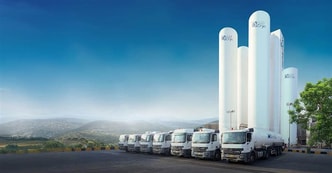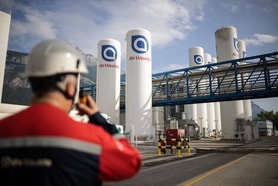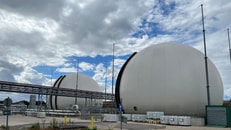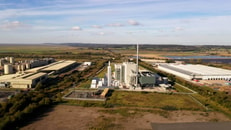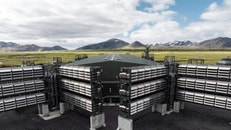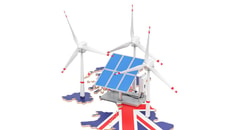UK Emissions Trading Scheme consults on EfW and DAC
Energy from Waste (EfW) and greenhouse gas removals – including Direct Air Capture (DAC) – are to be considered for inclusion under the UK Emissions Trading Scheme (ETS) as part of consultations announced by the ETS Authority today (May 23).
The Waste consultation closes on July 18 and ‘Integrating Gas Removals’ on August 15.
The ETS, a key part of the UK’s strategy to addressing climate change, requires operators to obtain allowances for every unit of carbon emitted.
These allowances can be traded between participants, generating a carbon price that spurs businesses to invest in cleaner or renewable energy sources and improved energy efficiency.
... to continue reading you must be subscribed





